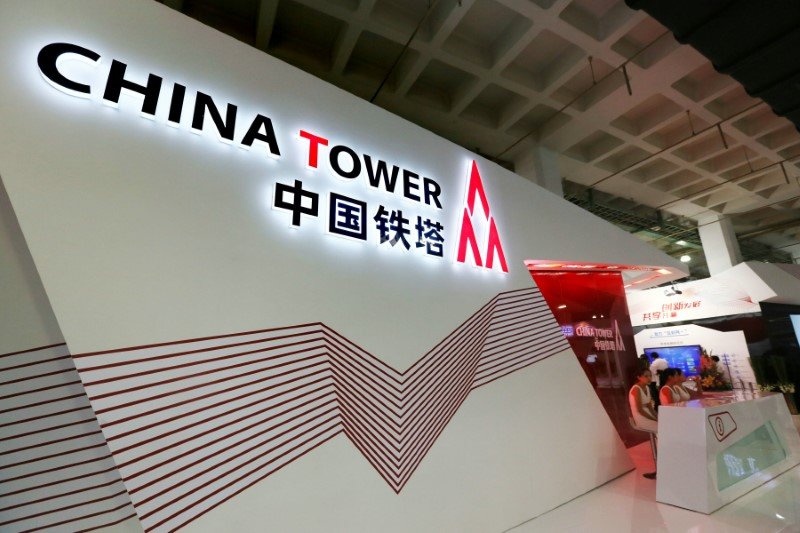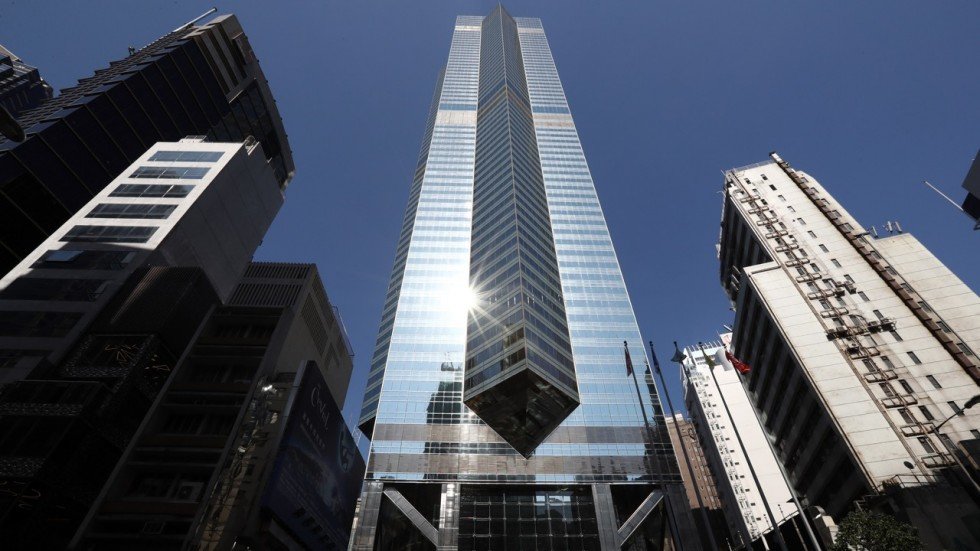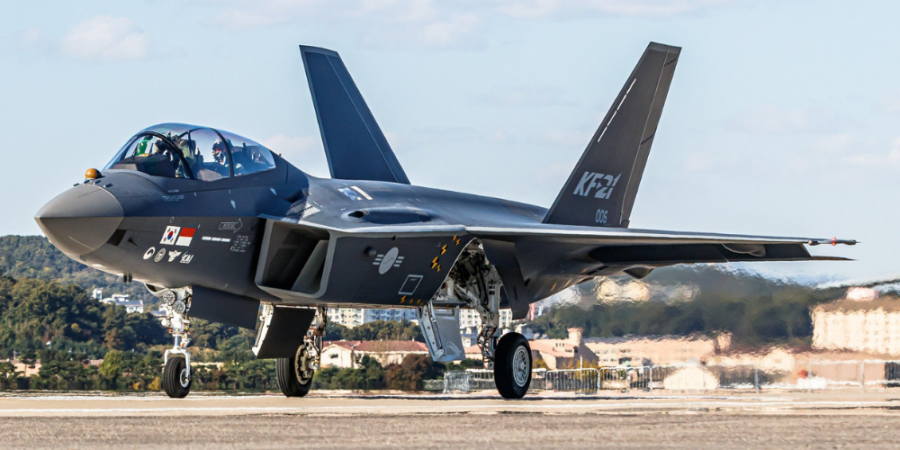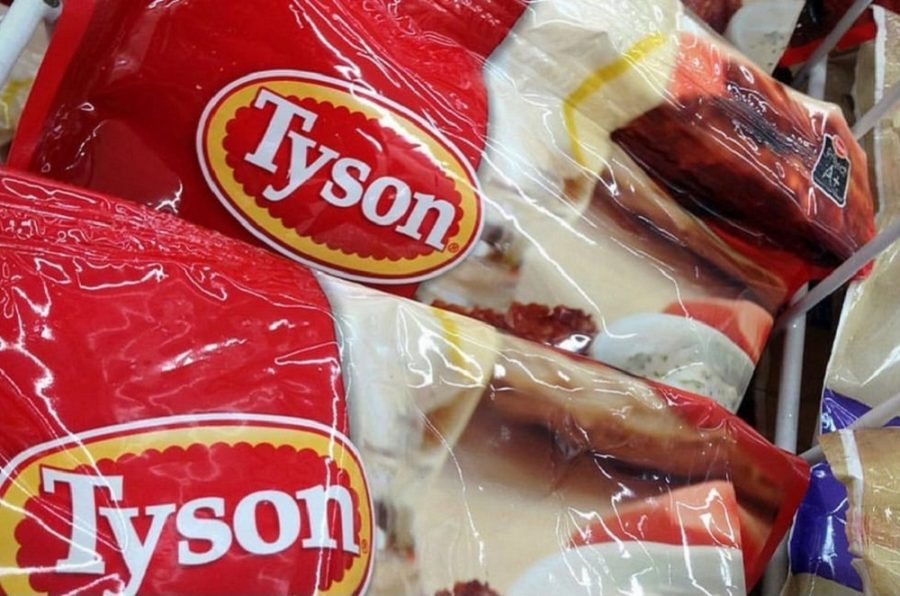According to insider reports made on Friday, state-owned wireless infrastructure operator, China Tower Corp., received the green light to raise $10 billion in Hong Kong through initial public offerings (IPO) which could become the city’s largest since 2010.

China Tower Corp received IPO approval to raise $10 billion in Hong Kong’s stock market
Hong Kong’s IPO Lineup
In the world’s largest tech float in the past 4 years, China’s electronics company Xiaomi Inc. raised $4.72 billion through its Hong Kong initial public offering (IPO) priced at the lowest of its indicated range. The IPO comes in the midst of heightened trade tension between U.S. and China which have seriously affected Hong Kong’s stock market, plunging its Hang Seng benchmark index by 4.8 per cent this year and 6.5 per cent this month alone.
With offerings from several large firms including the online food delivery giant Meituan Dianping lined up in the second half of 2018, Hong Kong is preparing for a packed IPO season ahead. But the current global economic and trade climate is making investors skeptical of the market sentiment.
China Tower, the biggest mobile operator in the world, has also been given the green light to venture into Hong Kong’s stock market after Xiaomi, with a goal to raise $10 billion through its initial public offering. Sources familiar with the situation say that the company will choose its listing timing after seeing how Xiaomi’s offering is received by investors.
Low Price-to-Earnings Ratio
BOCOM International chief strategist, Hong Hao, says that the market sentiment is not expected to improve after Xiaomi’s dismal prices but companies who have already received IPO approvals will still enter the market before conditions become even more challenging.
Insiders reported that Xiaomi is offering 2.18 billion shared priced at HK$17 – or $2.17 – which is the lowest on a price range of HK$17 to HK$22, making its IPO the biggest ever in the technology sector since 2014 when Alibaba’s New York offering raised $25 billion.
Hong says that he isn’t surprised to hear Xiaomi’s decision to price its stocks at the bottom of the indicative range since most of the company’s revenue comes from its smartphone sales, even though it claims to be an internet and hardware provider.
Its HK$17 stock price is 22.7 times the 2019 revenue forecast and 39.6 times its earnings this year. In comparison, Apple Inc.’s stocks are priced at 17 times its current year’s earnings and 14 times its next year’s forecast. Hong says that despite being a weaker competitor in the technology sector, Xiaomi is still more expensive than apple when looking at its price-to-earnings ratio.

China Tower, which was founded by China Mobile in 2014, is the world’s biggest telecom tower infrastructure provider
Xiaomi’s Current Valuation
Xiaomi chose a greenshoe option in its current offering which allows its sell more shares than the allotted number if there is more demand. Before exercising the greenshoe option, Xiaomi’s current fund raising has increased the company’s valuation to $53.9 billion– almost half of what it had touted in the beginning of the year and significantly less than the recent target of $70 billion, which was considered far-fetched by many investors. When it went public in 2014 Xiaomi’s valuation was $46 billion.
Xiaomi’s recent fundraising values the firm at $53.9 billion before the exercise of a “greenshoe” or over-allotment option, whereby additional shares are sold depending on demand. The valuation is far below the $100 billion touted by sources earlier this year as well as the more recent $70 billion-plus target that some analysts and investors saw as aggressive. Xiaomi was valued at $46 billion – almost $7 billion less than it is today.
China Tower Wins IPO Approval
As investors exercise caution over Xiaomi’s IPO, they are currently holding back in hopes for higher investment returns from other IPO options like China Tower Corp. which is planning to enter the market with fund-raising target of HK$78 billion for this year’s third quarter.
The company, which was founded by China Mobile in 2014, is the world’s biggest telecom tower infrastructure provider, which leases its giant facilities to other companies to generate massive revenue. At the end of 2017, the company was operating almost 2 million tower infrastructures with 2.7 million clients. China Tower’s profit increased by 25 times in 2017, making it the most anticipated company to enter Hong Kong’s market this year.










